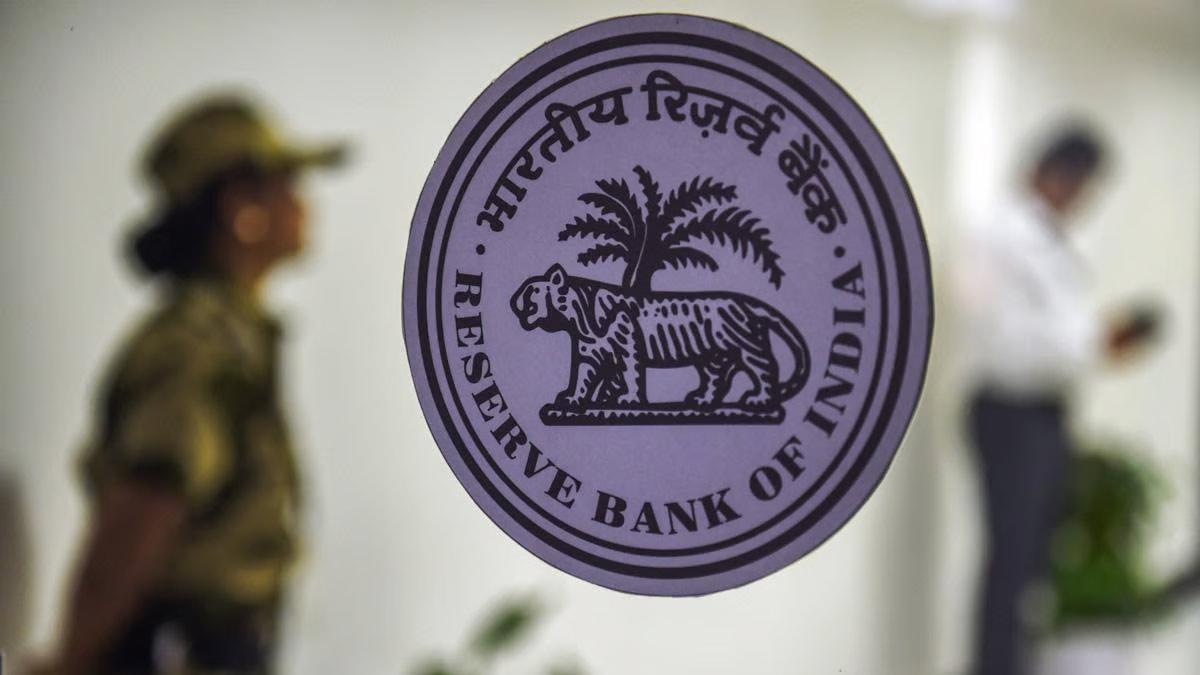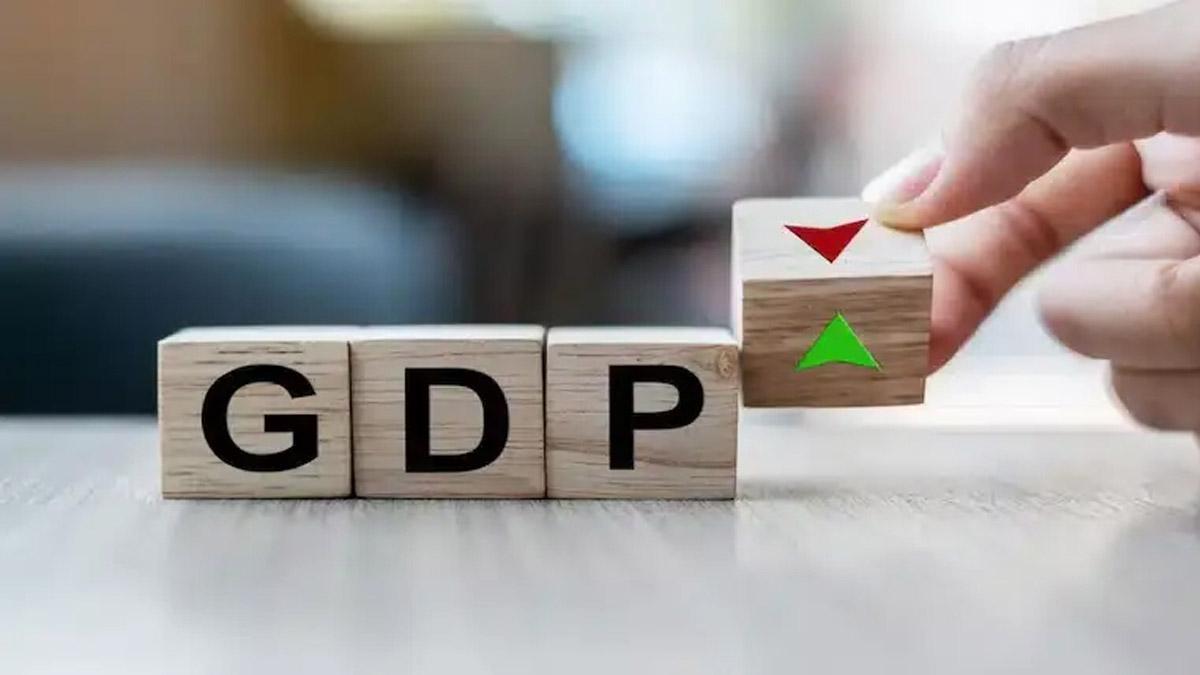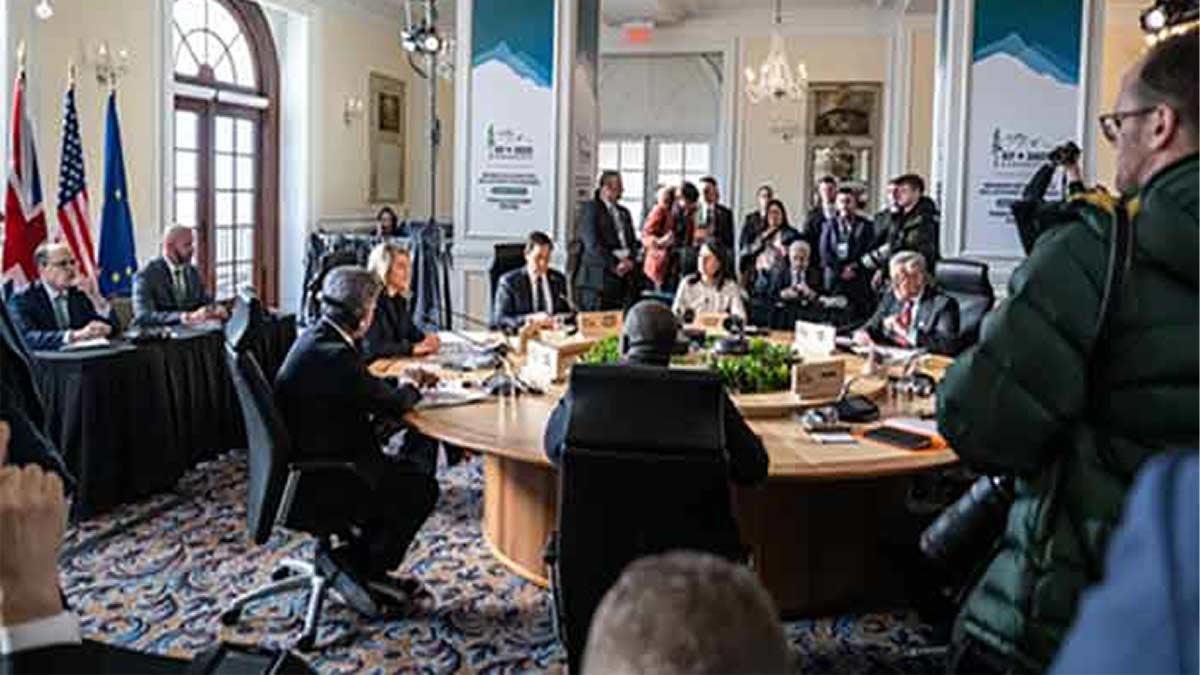Pakistan's tax revenues shortfall jumped to Rs 606 billion during the first eight months of the ongoing fiscal year, putting more pressure on the authorities for violating assurances given to the International Monetary Fund (IMF), a media report said. The IMF had provided a USD 7 billion loan with conditions, especially tax collection.
According to The Express Tribune, the Federal Board of Revenue (FBR) incurred a huge shortfall of Rs 606 billion against its July-February target of Rs 7.95 trillion. The FBR collected Rs 7.342 trillion in the period, recording a whopping 28 percent growth. This rise, however, was short of the IMF-recommended target, causing financial pressures.
In February, the government missed its Rs 983 billion monthly tax collection target once again by Rs 138 billion, collecting just Rs 845 billion. It was the seventh month in a row that the government had missed its revenue target.
Even as it added Rs 1.65 trillion more to its coffers than last year, which is impressive considering the less than 1 percent first-quarter economic growth, the target of Rs 13 trillion per annum in revenues has added pressure on policymakers.
The IMF has asked Pakistan to impose extra taxes, which have principally affected salaried employees and also levied a tax on almost all consumables, such as medical examinations, stationery, vegetables, and milk for children. It was observed by the report that even though the FBR had exceeded its revenue target for income tax, it failed to achieve targets for sales tax, federal excise duty, and customs duty.
Meanwhile, The Express Tribune also indicated that the World Bank announced Friday that economic stabilisation in Pakistan is gathering steam, providing the perfect moment to seal a ten-year development plan.
Under the recently released Country Partnership Framework, the World Bank has proposed to disburse USD 20 billion worth of development funds to Pakistan. The money is to be allocated to key sectors like clean energy and climate resilience from 2026.
In a video message posted on X, Najy Benhassine, the World Bank Country Director for Pakistan, said, "This is a significant moment for the partnership between the World Bank Group and Pakistan as we embark on this journey at a specific time for Pakistan where stabilisation is gaining traction and there are new ambitions and new plans for development on the long term that are very aligned with the priorities of the World Bank Group in the country."
He also delineated the program as a history-making federal-provincial government initiative aimed at addressing six critical development issues.
The World Bank's funding support, from 2026 forward, will concentrate on priority areas such as enhancing education, lowering rates of child stunting, building climate resilience, boosting energy efficiency, pushing inclusive development, and stimulating private sector investment.
According to the finance ministry’s monthly outlook report, consumer inflation in Pakistan is expected to remain steady in February and continue on a downward trajectory compared to last year.
Inflation has eased, with the Consumer Price Index (CPI) standing at 2.4 percent in January—well down from the 24 percent posted in the same month last year. Officials credit this improvement to economic stabilisation under the IMF-supported programme launched last summer.
The report also revealed that foreign remittances, an important support column of Pakistan's economy, are likely to increase. "Workers' remittances posted strong inflows of USD 20.8 billion during July-January FY 2025, up 31.7 percent from USD 15.8 billion last year," the ministry said.
A delegation from the IMF will visit Islamabad next week for Pakistan's first review of its USD 7 billion loan program. The finance ministry expects the initial fiscal surplus to keep strengthening over the coming months, which is a key marker set by the IMF.
Read also| Sensex Plunges 1,414 Points, Nifty Closes at 22,125 on US Trade Tariff Concerns
Read also| Trump Imposes Additional 10% Tariff on Chinese Imports


















